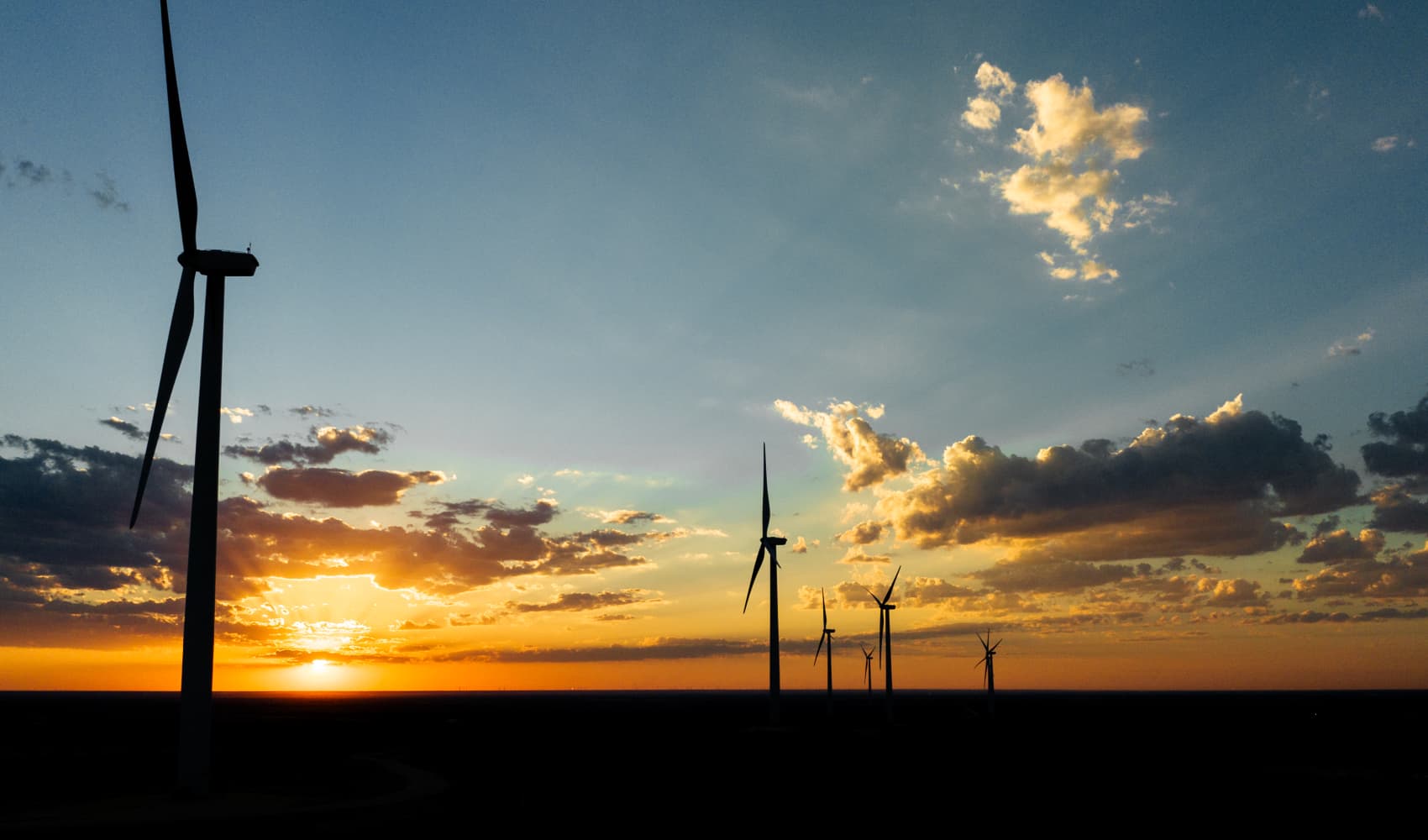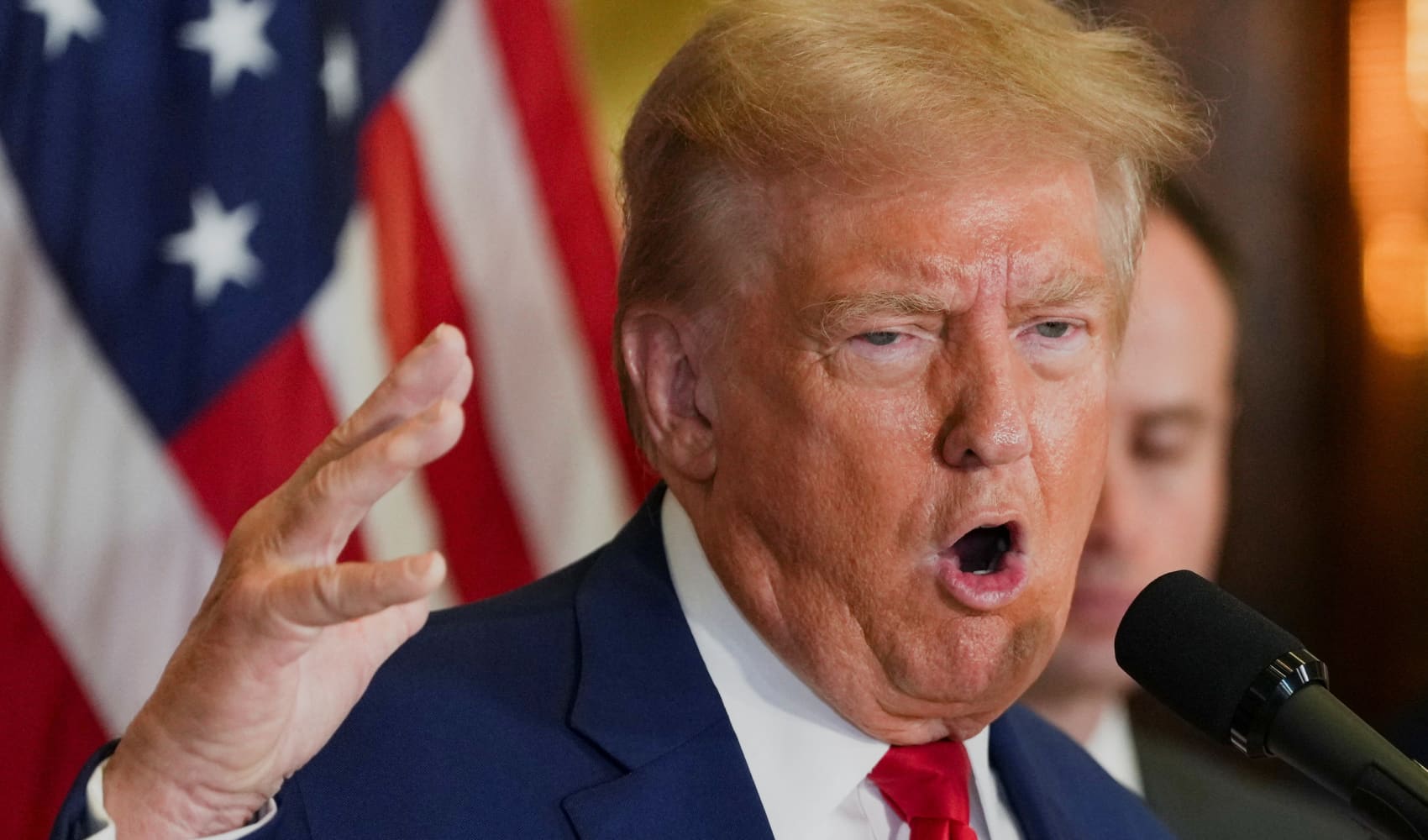
- Paul Freedman and Bryan Carmel co-founded the Pioneer League's Oakland Ballers last year to keep baseball in Oakland as MLB's A's prepare to depart.
- Freedman invested $1 million in the Ballers and has loaned the team $5 million.
- Now, the organization is crowdfunding for more financing that will give fans the chance to own equity in the team.
Paul Freedman, a 45-year-old serial entrepreneur who has founded and sold five educational technology companies, decided last June he wanted a new type of venture: a baseball team.
When MLB's A's announced last year they planned to leave Oakland, California, for Las Vegas, Freedman was despondent. Freedman, born in neighboring Palo Alto, moved to Oakland when he was 15 after spending much of his early schooling in Chicago. Arriving as a new student during high school, Freedman had some initial trouble making friends, so he leaned on A's games — particularly those on the Oakland Coliseum's $2 Wednesdays — as a common activity to socialize with classmates.
"It helped me feel welcome," Freedman said in an interview with CNBC. "Right field at the Coliseum made me feel part of a community again."
Freedman has lived in Oakland for the past 30 years and in that time has witnessed one professional sports team after another depart the city. The NBA's Golden State Warriors ditched what was then Oakland's Oracle Arena in 2019. The NFL's Raiders moved from Oakland to Las Vegas in 2020. And after this season, MLB's Oakland A's will pack up and move to Sacramento before eventually settling in Las Vegas in 2028.
Feeling discouraged for his city, Freedman sent a text last June to Bryan Carmel, a friend from those high school-era A's games, with a provocative preamble: "I have a crazy idea."
Get Tri-state area news delivered to your inbox. Sign up for NBC New York's News Headlines newsletter.
Freedman proceeded to brainstorm ways to keep baseball in Oakland. That gave birth to the Oakland Ballers, or the B's — the Pioneer League team that debuted earlier this year, co-founded by Freedman and Carmel. The team, just getting off the ground with initial seed funding, faces an uphill battle to strike a successful business model in Oakland — a city with daunting crime challenges and nearly abandoned by professional sports.

The Pioneer League, an MLB partner league whose teams aren't affiliated with the pro teams like those in minor league baseball, instantly appealed to Freedman's tech sensibilities because it's a testing ground for baseball evolution. Oakland, too, has been earned a reputation for cutting edge thinking in baseball, first in the 1960s and 1970s under owner Charlie Finley and later in the 2000s' "Moneyball" era, which ushered in an era of analytics that have been adopted in all almost all sports.
Money Report
In lieu of extra innings, tied games after nine innings in the Pioneer League end with a five-pitch home run derby. The league allows players to challenge balls and strikes in real time using a computerized system. The B's also boast having the league's first female player, pitcher Kelsie Whitmore.
Now, Freedman has another innovation in mind: a new investment model.
B shares
Freedman has invested $1 million in the Oakland B's and loaned the team an additional $5 million. Freedman and Carmel have also raised $3 million in outside financing from about 60 individual investors.
Freedman and Carmel are about to set a new valuation for their investment with the debut of a crowdfunded financing round for up to $1.235 million, the legal limit allowable under Securities and Exchange Commission regulations for an entity with finances that have been reviewed by a public accountant but not formally audited.
The new financing round will give fans direct equity in the team. While a market doesn't yet exist for shares in the team to one day trade and operate as an actual investment, Freedman and Carmel hope that could someday be the reality. That differentiates the concept from common stock in the publicly owned Green Bay Packers, for example, which are purposefully designed as a nonprofit.
"We're testing the waters here," said Freedman. "There could be a dividend. There could be a secondary market. Shares will come with voting rights."
A liquid secondary market would allow for monetization of team shares beyond major transactions such as a team sale.
DealMaker, the platform the B's are using to crowdsource the funds, has received an expression of interest from more than 3,500 people who say they would like to invest in the team, with pledges for a combined total of nearly $8 million.
Of the hundreds of campaigns DealMaker has facilitated that begin with early expressions of interest, this is the highest number of potential investors the platform has ever seen, said Jon Stidd, DealMaker's chief marketing officer.
"It's a testament to the B's fans and what they're doing for the community in general," Stidd said in an interview.

The fundraising campaign is expected to officially kick off in the coming days. Potential investors will be able to buy their shares on a first-come, first-serve basis "just like you're buying sneakers from the Oakland B's," said Stidd.
The early interest has inspired inquiries from other local baseball and soccer teams looking to raise money on DealMaker, Stidd said.
"It's been a rising tide. The Oakland Ballers are getting the message out there," he said.
Local challenges
Freedman plans to use the crowdsourced money for general baseball operations with a particular emphasis on marketing. In its first year, the B's have done about $1 million in merchandise sales, according to the team, and has signed up 47 sponsors, including San Francisco's BART transit system and AAA Insurance.
Working with Oakland city officials, the team used $1.6 million of the team's initial funding to refurbish Raimondi Field in West Oakland, a historic baseball stadium site where Oakland's all-Black A-26 Boilermakers played before racial integration. The field sat abandoned and fell into such disrepair that it had become unusable even for Little League games, Freedman said.
Freedman said in workshopping how to keep baseball in Oakland, he ruled out simply buying and relocating a minor league team, fearing that bringing one to Oakland would solidify the city's reputation as a second-rate location, unfit to support A-list sports teams.
But he'll have to make sure the B's flourish as a feel-good story, rather than a dreary reminder of what Oakland once had.
"We don't think we are replacing the Oakland A's," Freedman said. "We mourn the loss of the A's as much as anyone else."
One of Freedman's top challenges is convincing locals that Raimondi Park is a fun — and safe — place to visit. Last month, The San Francisco Chronicle reported agent Lonnie Murray, who is married to former A's star and Oakland native Dave Stewart, recently expressed player concerns to Freedman about substandard housing in an area where players' cars were vandalized or stolen. The B's responded by moving the team to a hotel in a safer area.

It wasn't long ago that Raimondi Park abutted a homeless encampment in West Oakland. Revitalizing the area is important to both Freedman and Oakland, but it's also a potential obstacle for fan recruitment. Raimondi Park seats about 4,100 people. Thus far, most home games have drawn about 2,000 fans — slightly below average for Pioneer League attendance.
Even among locals, there's a misperception for how dangerous the area is, Freedman said. He likened the neighborhood to Chicago's Wrigleyville, where the Chicago Cubs play. Freedman said he is developing partnerships and relationships with local businesses to promote the team and hopefully expand entertainment and eating experiences outside the ballpark.
"We are definitely facing headwinds," said Freedman. "Oakland hasn't gotten good press lately in terms of crime. What turns the perception is people having safe experiences. That's what we are providing."
Alerting locals to the team's existence will be especially important next season, when the A's are no longer around. Green Day singer Billie Joe Armstrong recently gave the team some free publicity by spray painting a B's logo over an Oakland A's logo in Toronto's Rogers Centre.
Winning will also help. The B's have had an impressive first season. The Pioneer League season is 96 games long, split into two halves, and wraps up Sept. 8. The top two teams from the first half of the season and the second half make the playoffs, which begin Sept. 10. The B's are currently at 42-30 overall and 15-9 in the second half, putting themselves in playoff contention.
"There's value in having baseball in a town," said Freedman. "Oakland deserves to have baseball if it wants to have baseball."






